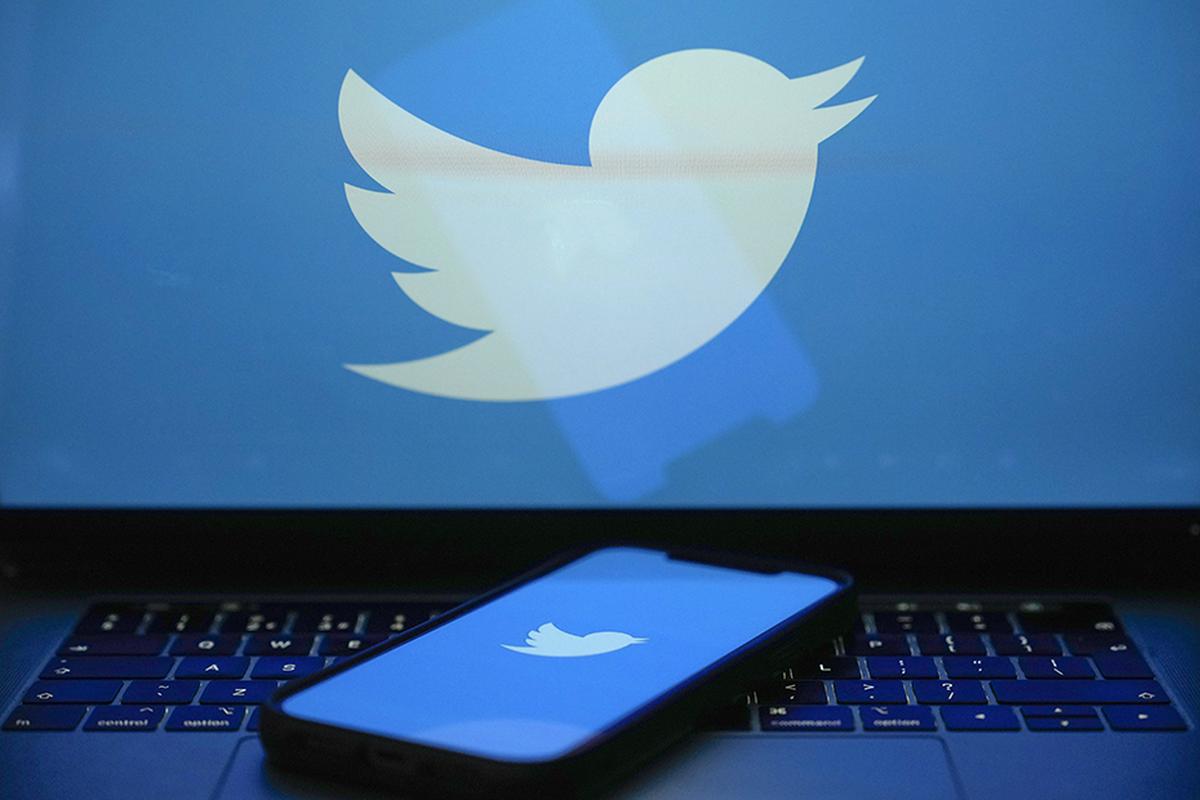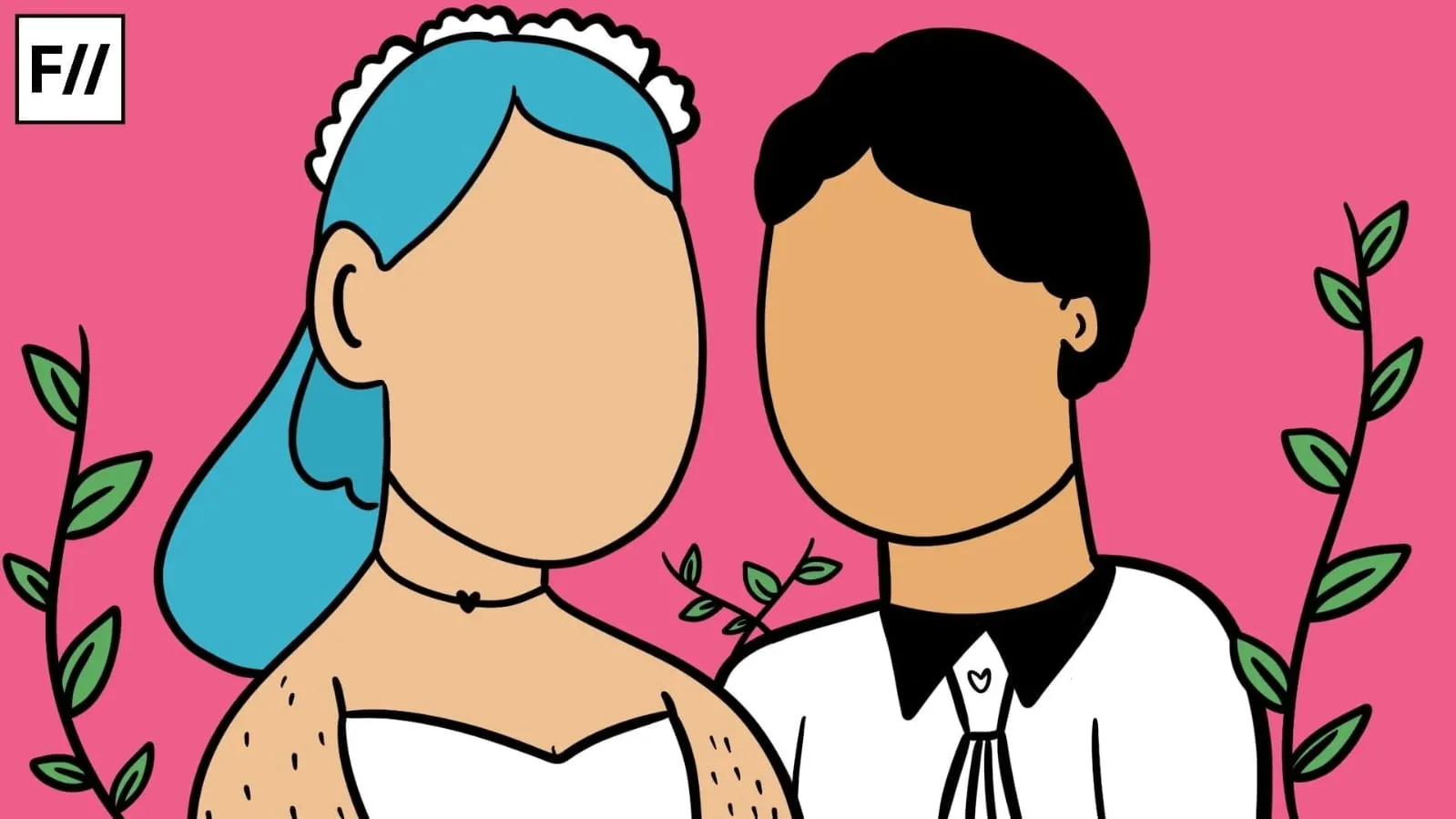Language undergoes continuous evolution, particularly in the era of the internet, where communication has seamlessly integrated into our everyday existence. With each passing year, our dictionaries embrace a plethora of new terms, encompassing everything from contemporary trends to diverse discourses. The vocabulary surrounding gender and its various expressions is also finding its way into present-day society, although numerous individuals remain apprehensive about embracing them. Elon Musk, the executive chair of Twitter, recently addressed a Twitter user’s comment regarding the terms ‘cis’ and ‘cisgender’ and announced that these terms would be considered slurs on the platform, resulting in their flagging under the content policy.
This move has raised concerns, especially since Elon Musk, who previously advocated for free speech, has taken several actions that appear to weaken the protection offered to members of the LGBTQIA+ community. The most recent example is the removal of protection for trans users, as Twitter eliminated language from its policy aimed at preventing misgendering and deadnaming of transgender individuals. This change occurred in April.
This move has raised concerns, especially since Elon Musk, who previously advocated for free speech, has taken several actions that appear to weaken the protection offered to members of the LGBTQIA+ community. The most recent example is the removal of protection for trans users, as Twitter eliminated language from its policy aimed at preventing misgendering and deadnaming of transgender individuals. This change occurred in April.

Despite Elon Musk’s declaration of ‘cis’ as a slur, the term was officially added to the Oxford English Dictionary in 2015, with a definition that describes “Designating a person whose sense of personal identity and gender corresponds to his or her sex at birth; of or relating to such persons.“ This concept stems from the understanding that gender is a social construct.
To illustrate this, consider the association of pink with girls and blue with boys in baby clothes. This colour-gender correlation was established and operates within the realm of societal norms, having no basis in nature. While individual experiences may differ, many individuals may not feel comfortable with the gender assigned to them at birth and may choose to live with a different gender identity. The term ‘trans,’ which has been widely accepted, describes many but not all individuals. In contrast, the term ‘cis’ simply serves as a descriptive word for individuals who identify with the gender assigned to them at birth.
Cisgender is merely an adjective and that there are numerous adjectives worldwide that can be offensive due to underlying sexism, casteism, classism, racism, homophobia, transphobia, and other biases.
Zayan, Senior Programme Coordinator, Nazariya: A Queer Feminist Resource Group
Zayan, Senior Programme Coordinator at Nazariya: A Queer Feminist Resource Group pointed out that ‘cisgender’ is merely an adjective and that there are numerous adjectives worldwide that can be offensive due to underlying sexism, casteism, classism, racism, homophobia, transphobia, and other biases. However, ‘cisgender’ itself, which is not even a slur, is being viewed in a particular manner.
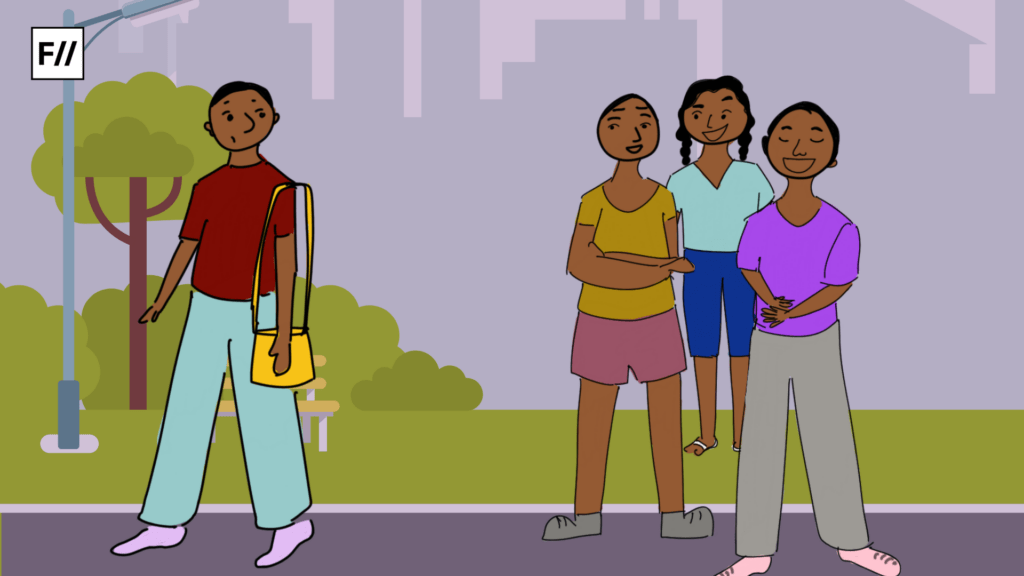
Merriam-Webster has also addressed the question of whether ‘cisgender’ is a slur, stating a slur is a word or phrase that is intended to insult or disparage someone. A neutral term can become a slur over time, but our current evidence shows that cisgender and its variants are overwhelmingly used neutrally.
Origin of the term ‘cis’
The term ‘cis’ has its origins in Latin, where it means “on this side of.” It is considered an antonym to the term ‘trans,’ which also has Latin roots and means “beyond, across, or on the other side of.” The credit for coining the term is given to Dr Dena Defosse, a retired researcher and physician educator, who used it in a 1994 paper on trans adolescents.
Following Elon Musk’s tweet, J.K. Rowling, the renowned author of the Harry Potter series, also expressed support for the tech billionaire. In her tweet, she referred to inclusive vocabulary such as the term ‘cis’ as “ideological language.” Furthermore, when a Twitter user suggested that gender theory and pronouns were concerns exclusive to the West, Rowling extended her agreement.
Dr Defosse’s choice of using the term ‘cis’ in her paper stemmed from her scientific background and understanding of how the prefix ‘cis’ is used in chemistry to denote molecules of an atom grouped on the same side, while the prefix ‘trans’ is used for molecules grouped on the other side. Thus, the term ‘cis’ was introduced as a descriptive adjective. It’s important to note that the creation of the term itself was not the creation of the concept, as queerness existed prior to the coinage of these terms.
Following Elon Musk’s tweet, J.K. Rowling, the renowned author of the Harry Potter series, also expressed support for the tech billionaire. In her tweet, she referred to inclusive vocabulary such as the term ‘cis’ as “ideological language.” Furthermore, when a Twitter user suggested that gender theory and pronouns were concerns exclusive to the West, Rowling extended her agreement.
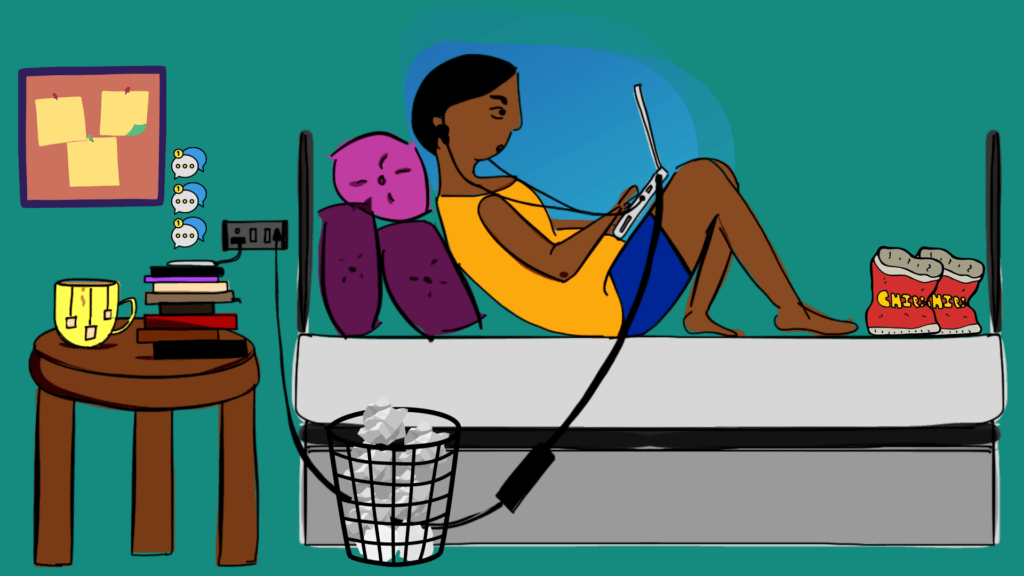
While it is true that the English language has provided the queer community residing outside of the Western world with certain terms that better reflect their identities and experiences, it is important to recognise that these identities were not created by the English language itself.
For instance, even in the absence of a specific term in India, communities outside of the gender binary have developed their own terminology. Words like Hijra and Kinnar serve as prime examples of terminology created within the Indian context.
People are trying to decolonise themselves in most spaces and it will take time that is why the vocabulary is taking time. People have been forced to see things only in one way and that takes time to build over where there has been a cultural genocide of how people see themselves. It is social-cultural genocide.
Don Hasar, Co-Founder, Himachal Queer Foundation
“When one says that these things are only concern of the West, they should also talk about the cultural genocide that took place when colonisation happened and before colonisation happened most cultures of places and countries that were colonised had a lot of fluidity in them. In the way they worked, in the way that people expressed gender and even in the way they saw gender and gender roles so that was taken and controlled by all the state nation that were colonising. People are trying to decolonise themselves in most spaces and it will take time that is why the vocabulary is taking time. People have been forced to see things only in one way and that takes time to build over where there has been a cultural genocide of how people see themselves. It is social-cultural genocide,” says Don Hasar, co-founder of Himachal Queer Foundation, an LGBTQIA+ resource centre working from the state of Himachal Pradesh.
Need for the term
There has been much resentment against the label, with hashtags #cisisaslur doing rounds on social media. A common argument against the term is the assertion, often expressed as “I am not cis, I am normal.” This rejection of the term primarily stems from individuals who reject the gender theory that acknowledges gender as a social construct. Such individuals may disregard the idea that gender extends beyond the traditional binary roles of male and female, limiting the recognition and experiences of individuals who exist outside of these roles.
When privileged individuals, particularly wealthy cisgender people, claim that the term ‘cis’ is becoming a slur, they are directly targeting marginalized communities. Within these communities, the term ‘cis’ is used to comprehend their own discourse and identity. The purpose of using the word ‘cis’ is not to vilify individuals or employ it as a slur, but rather to foster understanding of trans identities and it’s a discourse which is very nascent at this stage.
Don Hasar
Don expressed, “When privileged individuals, particularly wealthy cisgender people, claim that the term ‘cis’ is becoming a slur, they are directly targeting marginalized communities. Within these communities, the term ‘cis’ is used to comprehend their own discourse and identity. The purpose of using the word ‘cis’ is not to vilify individuals or employ it as a slur, but rather to foster understanding of trans identities and it’s a discourse which is very nascent at this stage.“
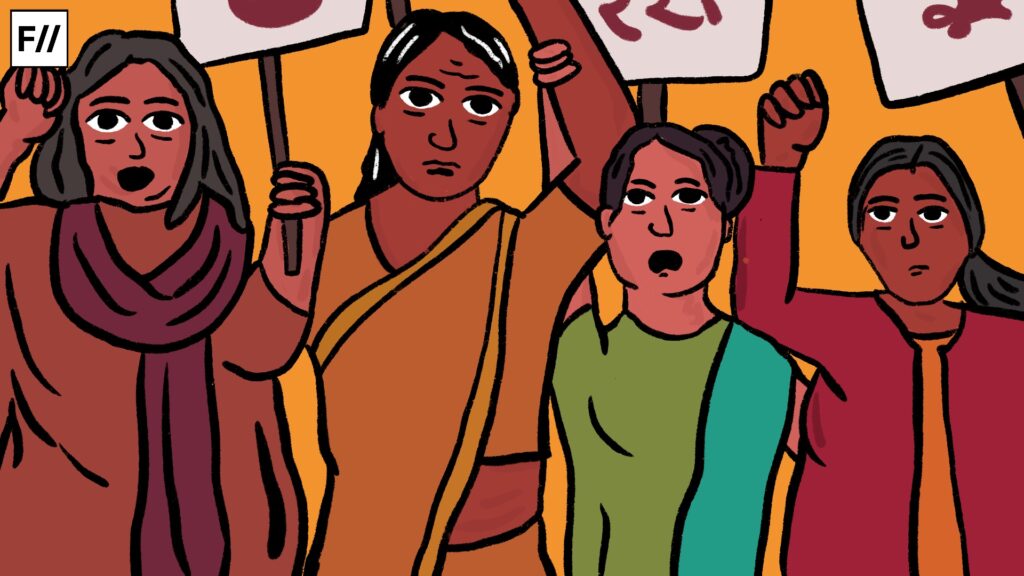
The experiences and rights afforded to cisgender individuals differ significantly from those of individuals with queer or non-binary genders. Thus, the term ‘cis’ plays a crucial role in recognising and identifying the privileges that cisgender individuals may possess.
“It is often convenient to overlook the privileges that individuals by default receive based on their position of power, such as being cisgender and heterosexual. By fitting perfectly into the societal structure, one enjoys the benefits and rewards that come with that privilege. There is no need to seek acceptance; everyone understands and respects you, and the laws and regulations work in your favour.
But what about those who do not conform to the cis-heteronormative standards? Transgender individuals, for instance, face profound and traumatic challenges throughout their lives due to societal pressures of non-acceptance and the absence of adequate laws and regulations to support their well-being. When Elon Musk dismisses the term ‘cis’ as a slur, it only serves to render the struggles of queer lives invisible,” says Ayush, a member of the Himachal Queer Foundation.
In a recent ruling on abortion rights, the Supreme Court of India adopted a progressive interpretation that acknowledges the necessity of medical termination of pregnancies not only for cisgender women but also for individuals with diverse gender identities. The court explicitly stated, “In this judgement, when we use the term ‘woman,’ it encompasses individuals beyond cisgender women who may also require access to safe medical termination of their pregnancies.” This recognition signifies a significant step towards inclusivity and ensuring reproductive healthcare for all individuals, irrespective of their gender identity.
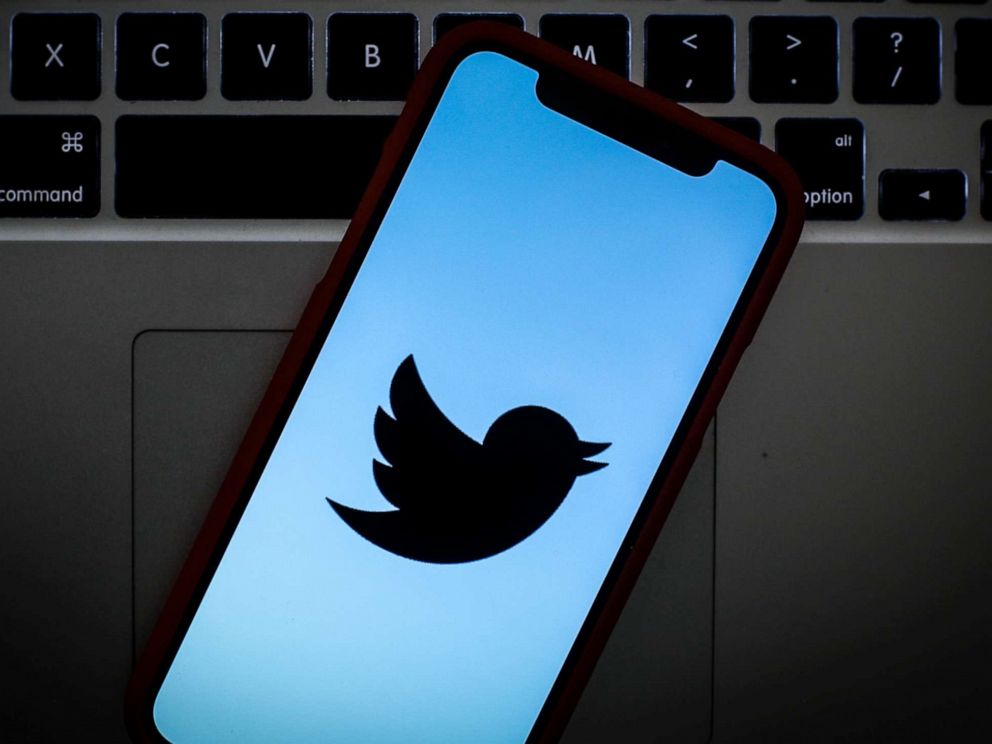
When it comes to accepting vocabulary that exposes inequality, resistance is often seen from those who hold the most privilege, seemingly attempting to assert that they are the oppressed majority. This unacceptance of labels which are purely descriptive may hold a dangerous predicament.
What if individuals belonging to the upper caste were to express their offence and view the term ‘savarna’ as a derogatory slur? As we strive to address our own privilege-induced guilt, it becomes crucial to recognize and implement a practice that allows marginalised individuals more space. The power inherent in language is often wielded by influential individuals without the necessary care it requires.
Zayan
“What if individuals belonging to the upper caste were to express their offence and view the term ‘savarna’ as a derogatory slur? As we strive to address our own privilege-induced guilt, it becomes crucial to recognize and implement a practice that allows marginalised individuals more space. The power inherent in language is often wielded by influential individuals without the necessary care it requires,” says Zayan.
The evolution of language aims to encompass and facilitate conversations about diverse experiences, ultimately emphasising the importance of individual choice “Before 1871 when the Criminal Tribes Act was enforced and whatever the understanding of trans people was back then were also criminalised before that people lived a certain way. It’s the colonisation that has taken things into two boxes and given certain words. Now within the certain words people are growing up with if they choose something else that becomes something wrong, and that is what the problem is. You’re not letting people choose,” says Don.
